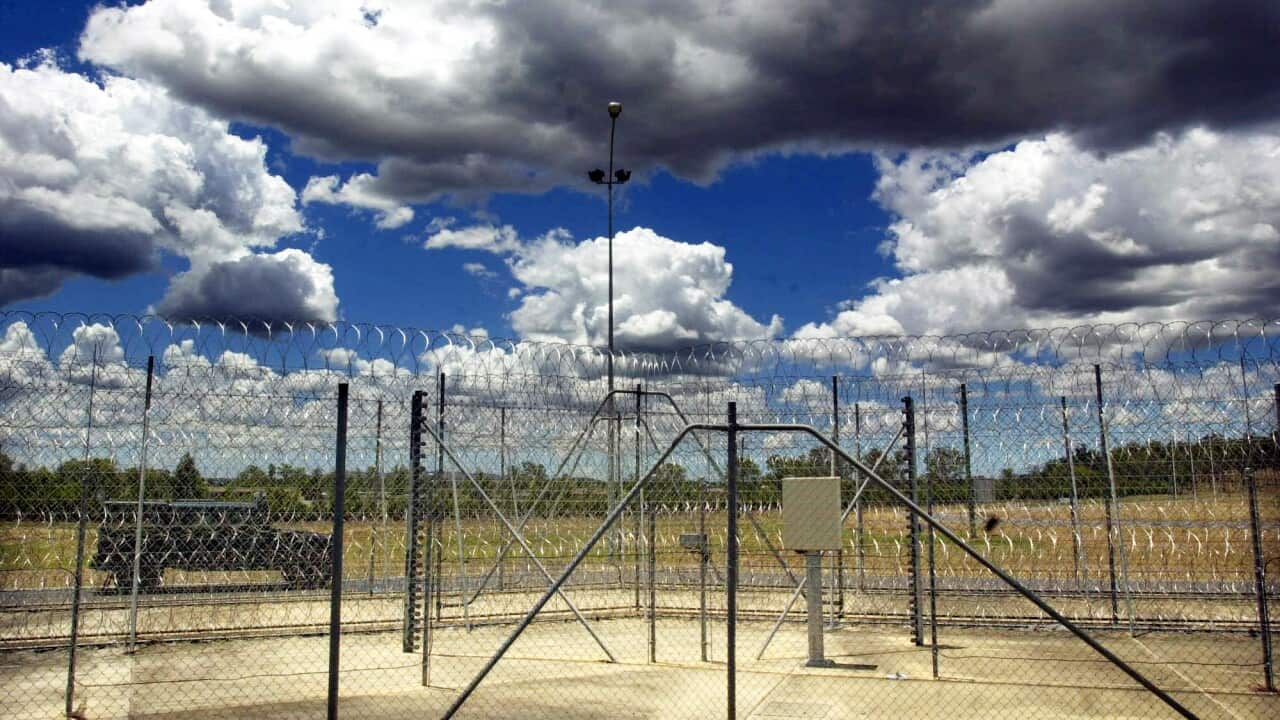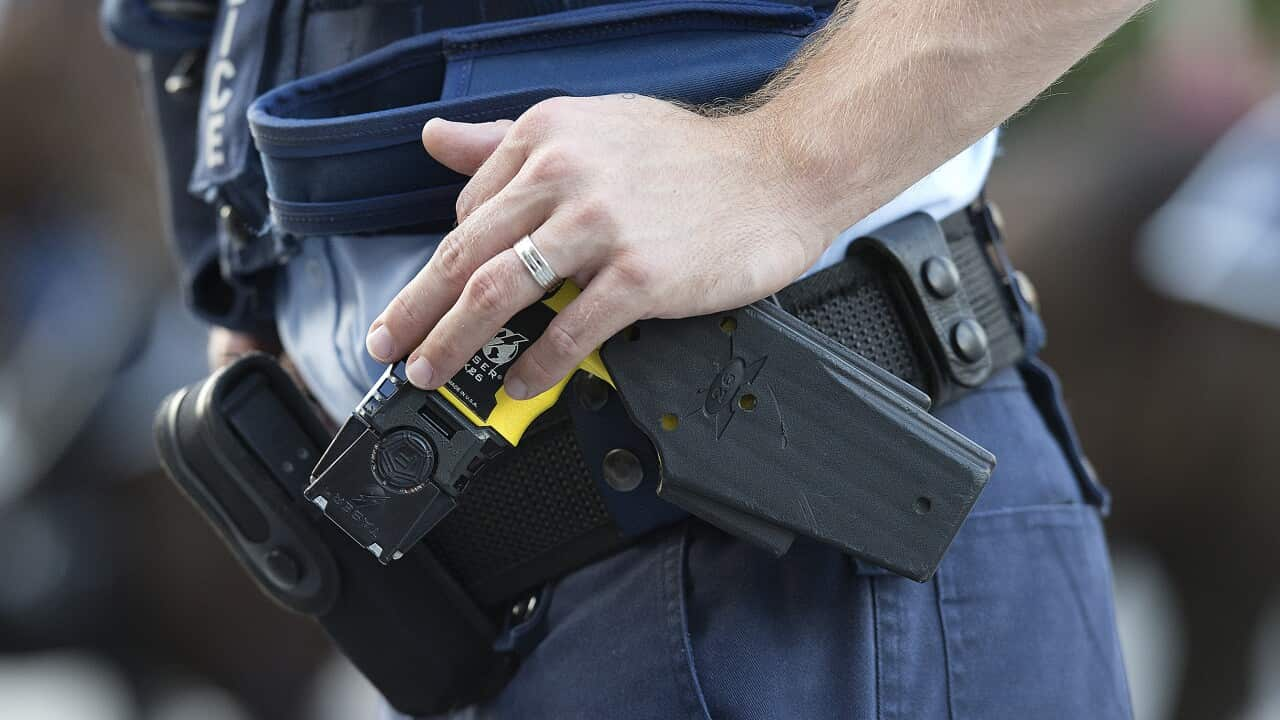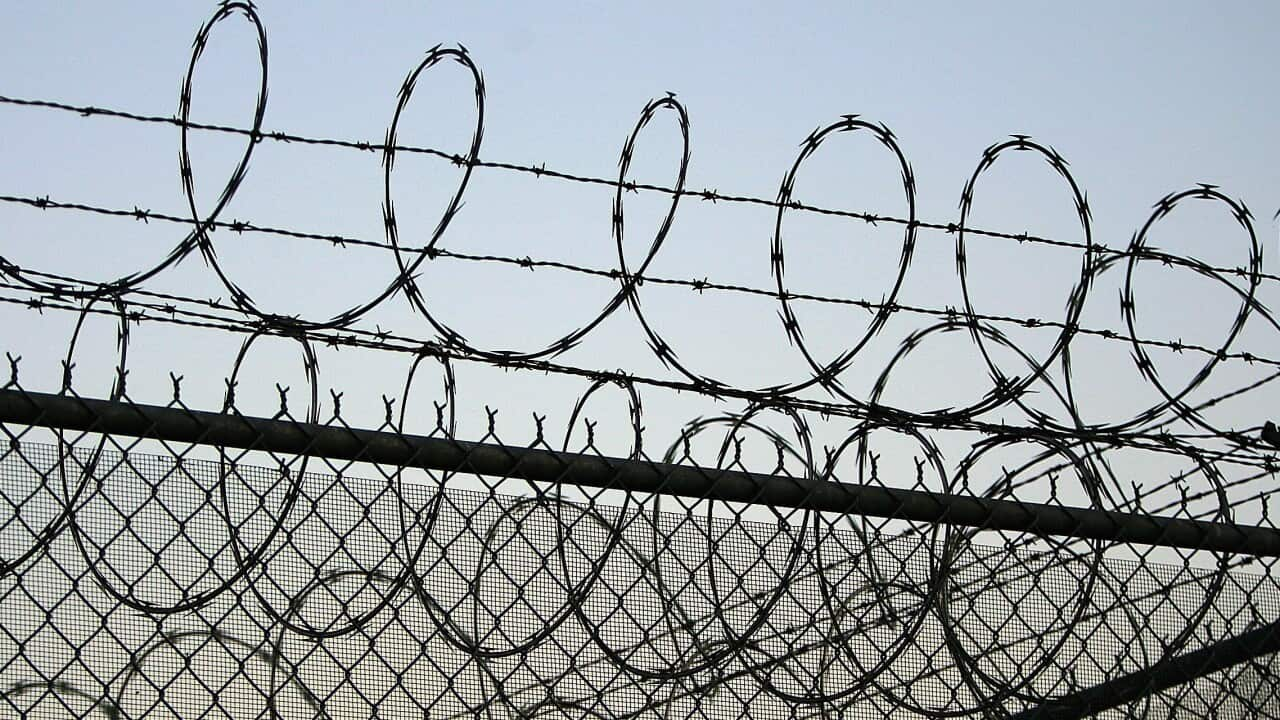Queensland's opposition leader David Crisafulli says youths found guilty of crimes such as murder, manslaughter, grievous bodily harm and dangerous operation and unlawful use of a motor vehicle would be sentenced as adults.
The leader of the Liberal Nationals Party, Mr Crisafulli said
"If you make the choice to commit adult crimes, you should know we have made the choice to ensure there are consequences for that behaviour," Mr Crisafulli told an LNP convention in Brisbane.
"We will restore consequences for actions for young criminals - adult crime, adult time."
However responses from some in the community say that the stance of harsher policing and sentencing doesn't solve anything, and has real potential to cause worse outcomes for youth and the community.
Disproportionately affecting blak youth
Wiradjuri, Yuin, and Dhungatti Solicitor at the First Nations Women's Legal Service Queensland, Serrina Kenny, says that whilst the proposal doesn't specifically target Aboriginal and Torres Strait Islander youth in its description, it will impact them disproportionately as they are represented significantly higher in crime and child safety removals.
"All it does is shove these kids away for longer periods to ‘keep them off the streets’ when in reality it’s just a place to put them for a period of time - 'out of sight, out of mind'."
I understand people’s frustrations of youth crime, but the stem of the issues need addressing before punishing children who are lost.
Kenny points to the rate of child removal as one of the key contributing factors to the over representation in of First Nations youth in crime statistics.
"Youth crime begins from child safety’s involvement, removing them from any responsibilities they have within families, any respect that is to be taught is removed by removing them from families."
Between 2021-2022, 5.7 per cent of First Nations children were in out of home care compared to 0.8 per cent nationally, according to the Australian Institute of Health and Welfare.
A further 17 per cent of First Nations children had come into contact with the child protection system during that same period.
"The children are the way of the future and yet, no one seems to understand that all of these removals are the same process of the stolen generations, but with a different lens."
"Most Australians look back at the stolen generations and say how disgraceful those policies were, but what is the difference with the policies we have today?"
What needs to happen on the ground?
A report tabled in Qld parliament earlier this year by the Child Death Review Board, found that the state detains youth at a higher rate than any other state or territory and has led to a "cycle of incarceration" for some youth.
Chairman of the board Luke Twyford said youth experiences in detention "served to cause further trauma, disconnection and hopelessness".
"It is not acceptable for any system to fail in its intent so significantly."
"It highlights that our current model of detention is not working as intended."
Kenny says more needs to be done to heal Community.
"These families need healing, support, community and a simple acknowledgement that removing children to begin with is not the answer."
"These kids just want to be seen, heard and understood. Have some connection to someone, they have no one but themselves and their 'mates'."












